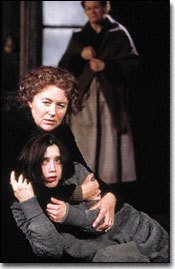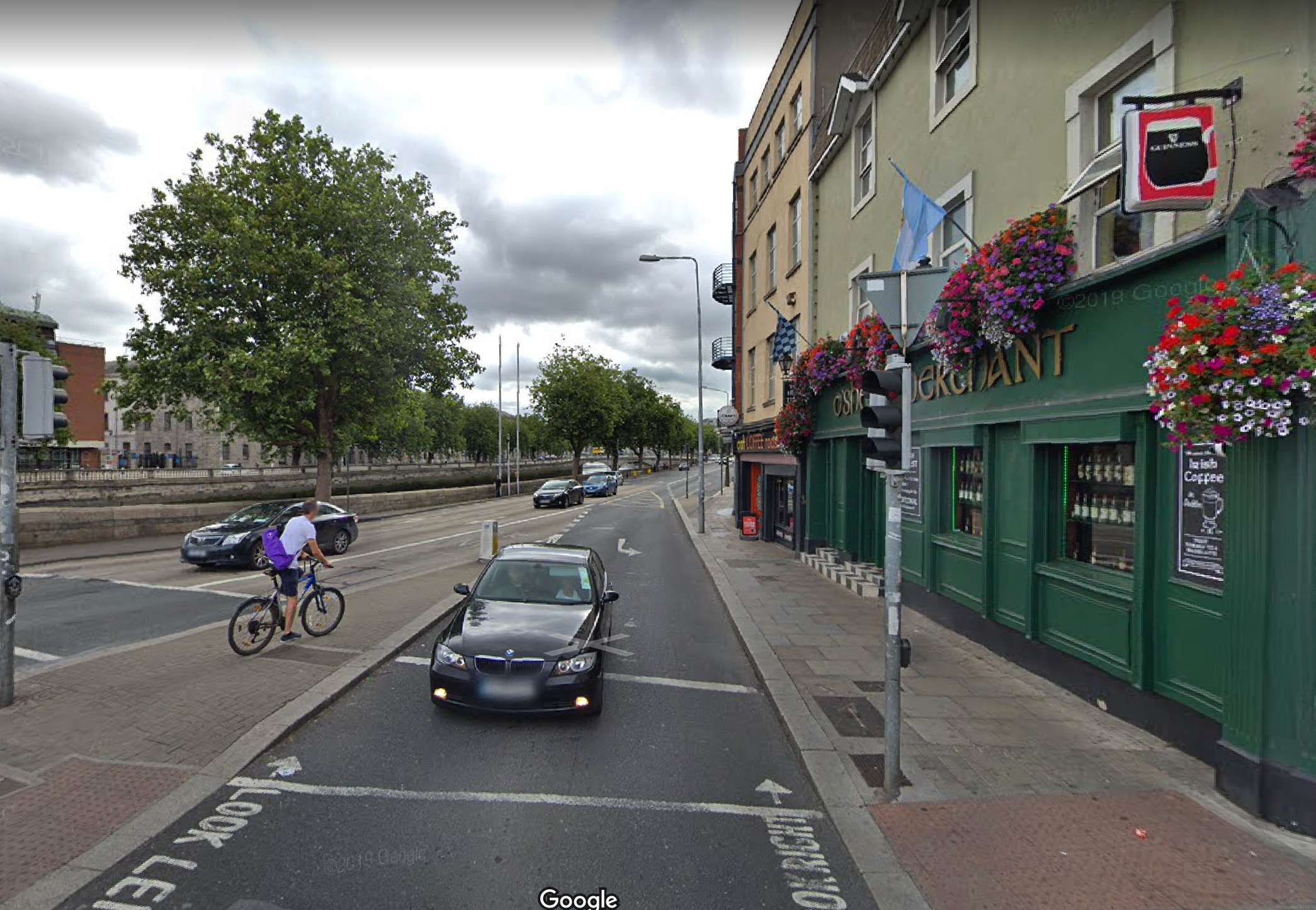One theme that has continued to reoccur in the literature that has been read so far, is the plight of lower class Irish women with no healthy male relationships. Looking at “The Boarding House” and “Eveline” by James Joyce, as well as Juno and the Paycock by Sean O’Casey, the reoccurring theme of the absent drunkard father, the distant brother, and hard-faced street smart mother- has to be noted as an archetype that Irish authors return to. While following the walking path of the characters Gabriel and Gretta, along the River Liffey up to the Grisham Hotel I was struck by the frequency of pubs that I passed. I imagined myself as Gabriel and Gretta, and began to think of two different worlds meeting at these points, upper and lower, as they walked this immense distance by the River at early dawn, seeing men leaving pubs like these.
What role do men and alcohol have on Irish women in these stories? Gretta as an educated and upper class woman, is free from their influence upon her life and the struggles that characters like Polly, Eveline, and Mary from O’Casey’s play, experience. While Gretta does encounter drunkards like Mr. Brown and Freddy, these men are treated in the story as non-threats and as jokes by the more powerful matriarchs in charge of the family, Gabriel’s aunts. Re-reading “The Dead” alongside “Eveline” and “The Boarding House” Gretta’s self-assurance, confidence, and sense of protection, comfortability and shelter when she sleeps next to Gabriel- really stood out to me as being at odds with other characters we have read. The uncertainty and fear that plagues their lives is notable. This is best seen in Joyce’s closing line where Polly is called down, and “remembers what she had been waiting for” (64). The reader of course, has no idea what the final decision regarding her pregnancy is and nor does Polly- illustrating to the reader this terrifying sense of paralysis and loss of self-autonomy young lower class Irish women experienced.



Hi Alexandra! This is a very interesting observation. I find it interesting that some of the women, such as Eveline, are presented as timid and weak, while others are presented as matriarchs. It makes me wonder what implications economic class had on family dynamics in Ireland. From the themes in our readings, it seems as though women with less wealth are typically weaker in terms of family hierarchies, while women with more are harsh and strong. I wonder if education had a role to play in forming confidence in the wealthy women who were able to obtain it.